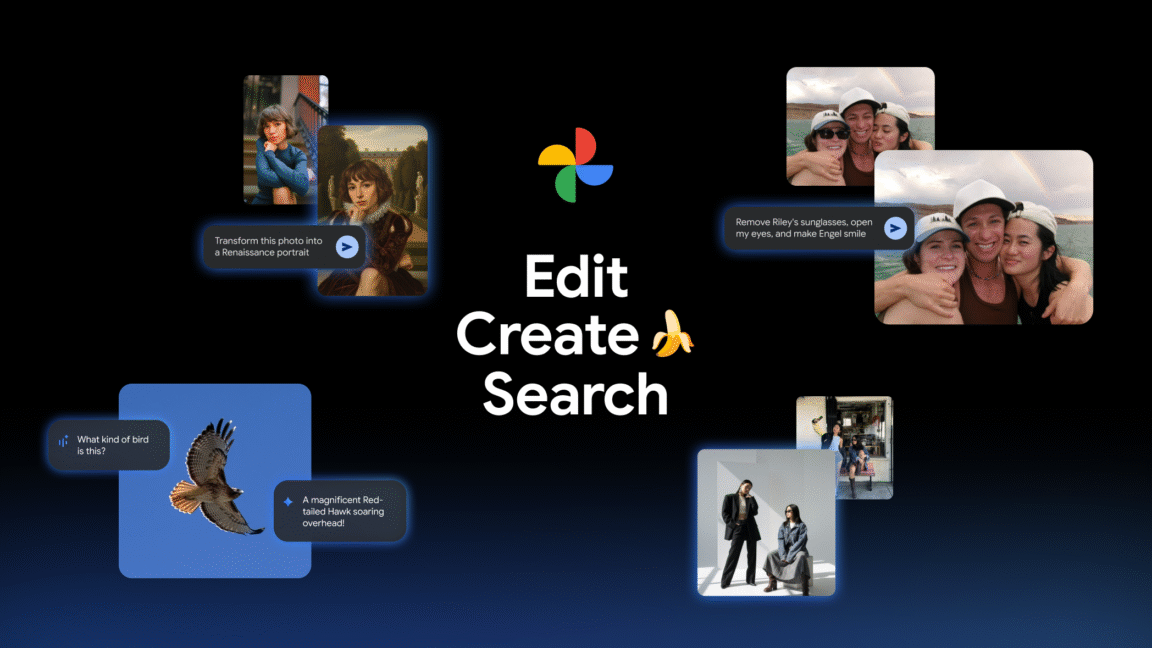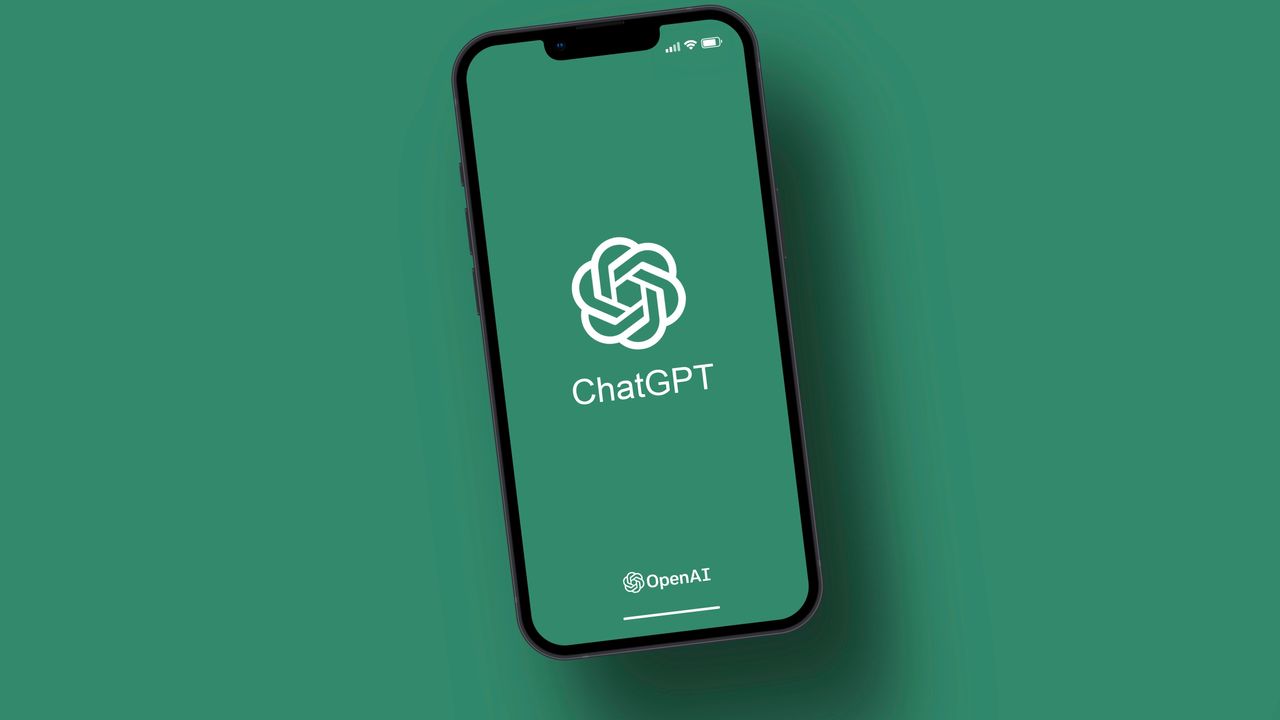Google expands AI photo editing to Messages and rolls out power‑saving, scam detection upgrades in Pixel Drop
Google’s latest Pixel Drop brings a suite of new features to Android devices, most notably Remix in Google Messages, which lets users edit photos with Gemini‑powered AI directly within chats. The update also adds a Power Saving Mode to Google Maps, extends Scam Detection to messages, introduces Notification Summaries, prioritizes Pixel VIP contacts, and launches a new seasonal theme pack. These enhancements aim to broaden AI capabilities beyond Pixel phones and improve user safety and battery life across the Android ecosystem.










